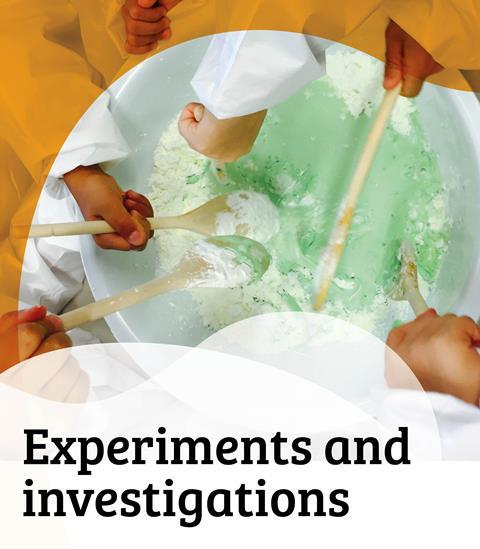Certain foods and drinks contain loads of calcium, which is important for healthy, strong bones. Learners can explore diet and lifestyle
Understand how choices can affect your bones with this class practical.
Skill development
Children will develop their working scientifically skills by:
- Using appropriate scientific language and ideas to explain, evaluate and communicate their methods and findings.
- Drawing conclusions and raising further questions that could be investigated, based on their data and observations.
- Asking their own questions about scientific phenomena.
Learning objectives
- Recognise the impact of diet and lifestyle on the way their bodies function.
Concepts supported
- Calcium is an important part of people’s diets.
- What can happen if people have deficiencies in their diets, in this case calcium.
Apparatus
- Two bones (eg chicken drumsticks)
- Vinegar
- A jam jar or bowl with a lid
Procedure
- Soak one of the bones in vinegar for one week.
- Remove the bone from the vinegar using gloves and rinse well.
- Try to bend the normal bone and then try to bend the bone which has been soaked in vinegar.
- How do they compare?
What’s the chemistry?
Normally, bones are strong, they do not break easily and they do not bend. This is because they contain a very hard substance called calcium carbonate, which is made from calcium, carbon and oxygen.
When bones are placed in vinegar, the calcium carbonate and the vinegar react and produce a gas called carbon dioxide. Can you see small bubbles on the surface of the bone in vinegar? This is the carbon dioxide being produced.
Without calcium carbonate, the bones become much softer - that’s why we can bend them.
Suggested activity use
This activity could be carried out as a whole class exercise, with learners working in small groups to carry out the experiment. This activity would work well if used in conjunction with the resource K-Mistry – fast facts: elemental!
Practical considerations
You will need chicken bones, vinegar and a container for the experiment.
Please take into account any health and safety considerations when carrying out this activity.
Downloads
Bendy bones: Handouts
Handout | PDF, Size 0.34 mbBendy bones: Briefing document
PDF, Size 49.46 kbBendy bones: Instructions
PDF, Size 0.37 mb
Additional information
These resources were created for the Cambridge science festival 2013.












No comments yet